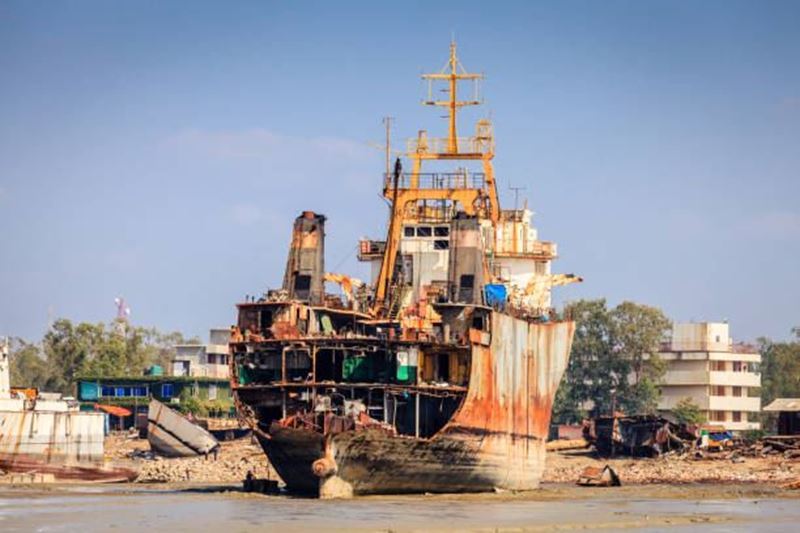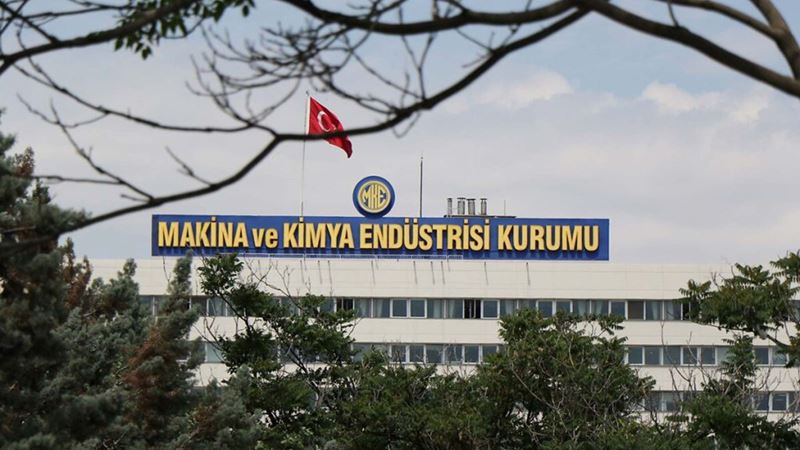Steel producers believe that steel obtained from shipbreaking can be of raw material quality if decarbonization methods are used in the recycling process.
Scrap metal obtained from shipbreaking and recycled under appropriate conditions contributes significantly to the green steel industry. As a result, the ship recycling industry has been producing approximately 7 million tons of metal scrap every year since 2011.
Only India has obtained 67 million tons of steel from ship recycling since 1982. India reuses 97% of the materials it obtains from ship dismantling. This rate is 95% for the Asian continent, and 93% for Turkey and Europe.
Steel obtained from shipbreaking is transformed into steel products to meet the needs of industries. Although these products reduce the demand for raw materials such as iron ore, coal, or other elements in the group such as nickel, molybdenum, manganese, titanium, boron, cobalt, or vanadium, which are necessary for steel production, recycled steel can be used in the production of heavy machinery, castings, tools, and construction materials.
Another advantage of using steel obtained from shipbreaking is that the particles in the steel recovered from ships provide high corrosion resistance, making it more durable and usable for many years compared to steel obtained through traditional methods.
In light of all these conditions, global steel producers see steel obtained from ship dismantling as a good alternative due to its lower environmental impact, reduced carbon footprint, reduced waste materials, contribution to green steel production, and the ability to obtain more durable products at lower costs compared to steel obtained through traditional methods.











Comments
No comment yet.